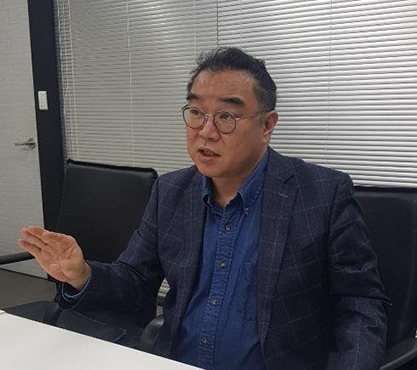Quoting philosopher of science Thomas Kuhn, he asked “does a field make progress because it is a science, or is it a science because it makes progress?” Similarly, as Chair of this department, my question to you is “does our society make progress simply because of technological change, or does technology really only make progress when a society progresses?" Just as a scientific truth cannot be established solely by objective criteria but is defined by a social consensus of a scientific community, technologies cannot be established or improved solely by objective criteria but are improved by the consensus of a society. Thus, our mission is to train our graduates to reflect upon and to help communicate how to improve and to manage technology for these wider interests of the consensus of a society.
TS is a unique place where our students learn how to improve the future of technology and society. To help me explain our department which designs this better future, I quote the IEEE’s Society on Social Implications of Technology (SSIT) and its Transactions on Technology and Society. TS shares the same goals as the field of the Social Implications of Technology which is “the impact of technology on society, including both positive and negative effects, the impact of society on the engineering profession, the history of the societal aspects of technology, and professional social and economic responsibility in the practice of engineering and its related technology." Plus, the Social Implications of Technology deal with environmental impacts, societal impacts, as well as human impacts. Our department parallels the ESG (Environmental, Social and Governance) concepts.
Plus, all academic departments have outside relationships with wider stakeholders that help students find a job in the future. TS’s wider institutional collaborators are target industries, professional engineering societies, and related academic journals that help our students via internships, jobs, and training programs. TS’s representative technologies include, but are not limited to, Information Communication Technology (ICT), Artificial Intelligence (AI), and Robotics. Students learn about emerging social issues of these and other technologies and learn how to deal with issues of Ethics, Privacy, Security, Health, and Medicine. Our stakeholders want graduates who connect to their target industries and markets, while helping them manage their technologies for the wider society.
In conclusion, let us be TS people who draw the consensus of a society!
Sincerely,
